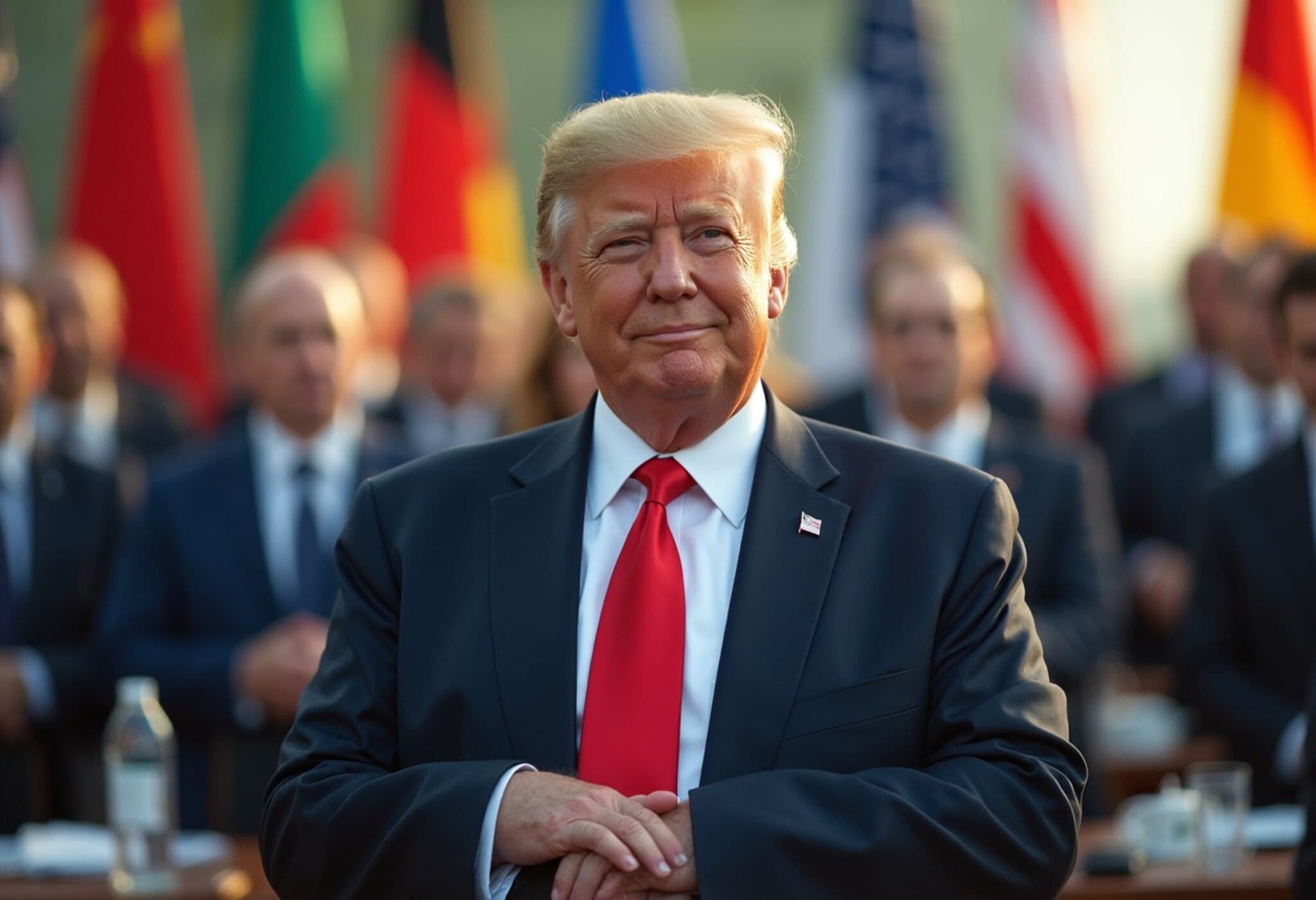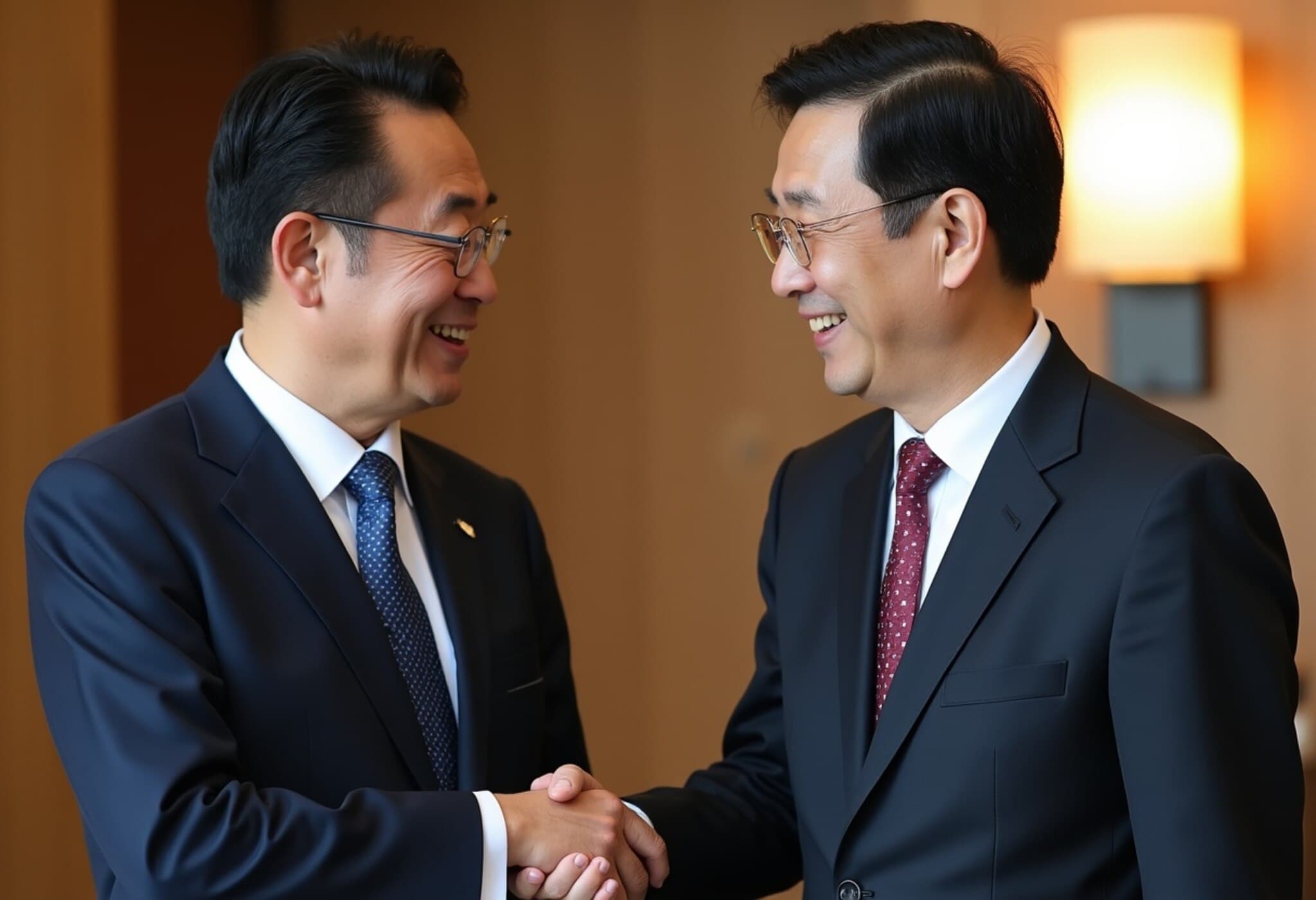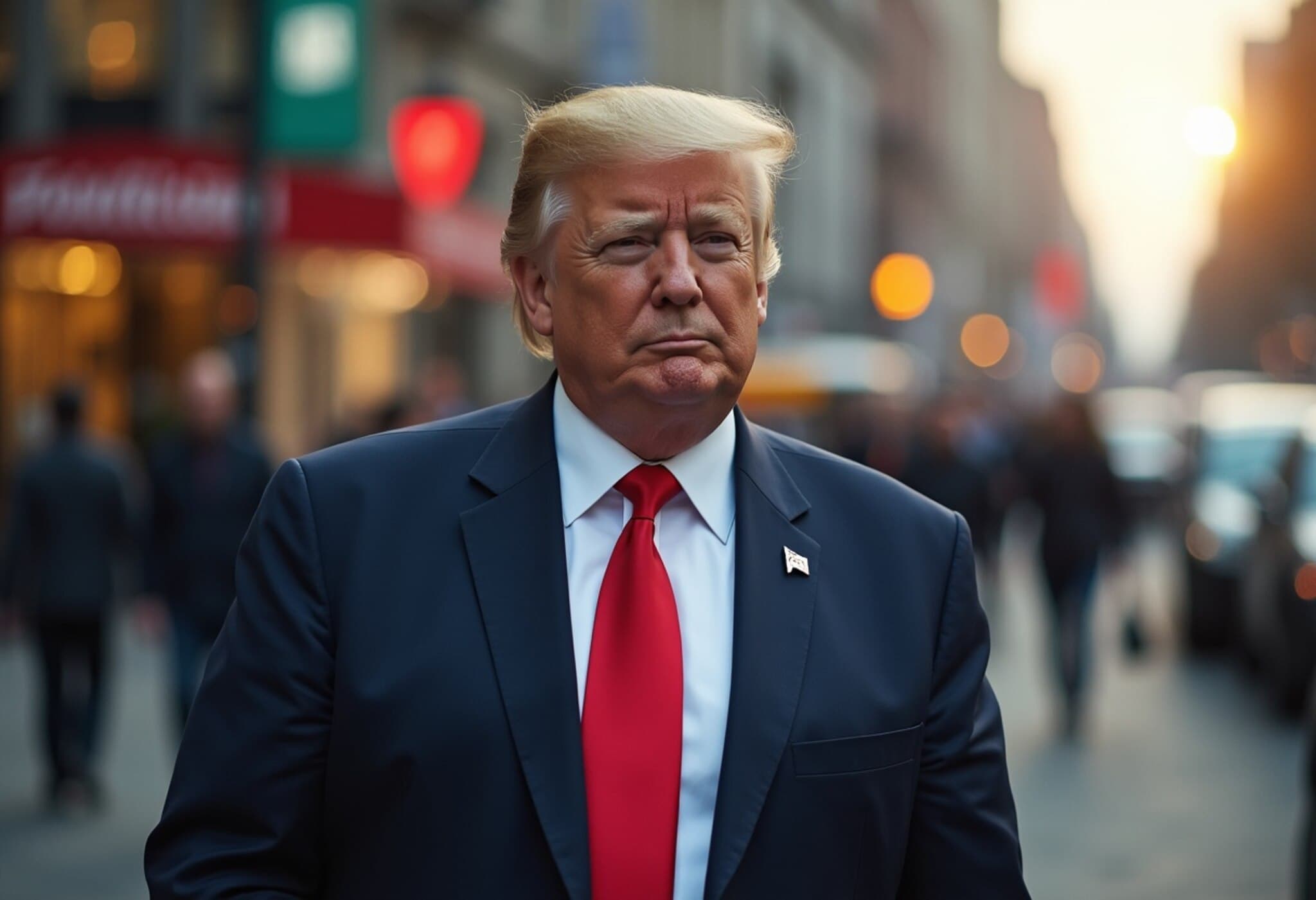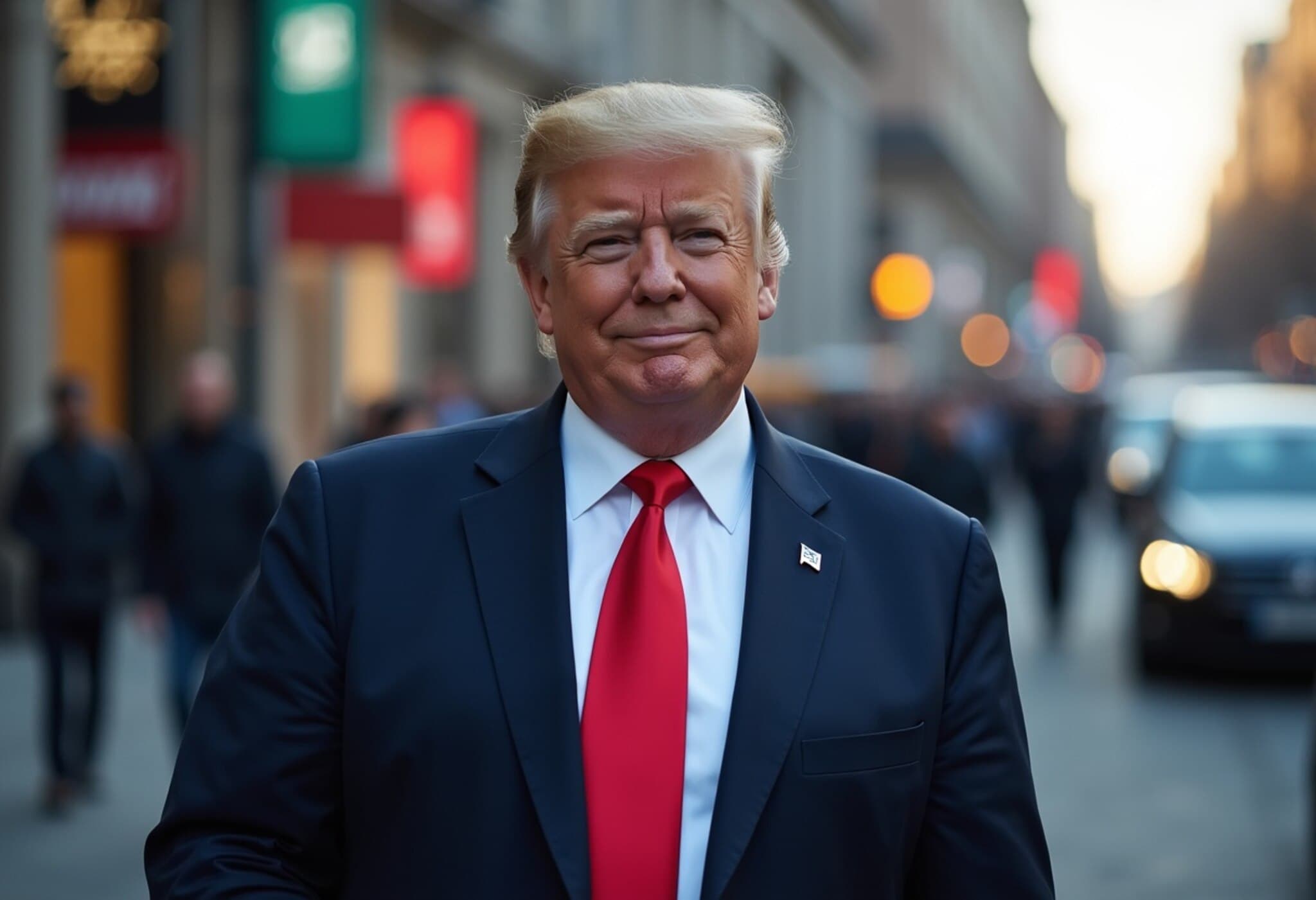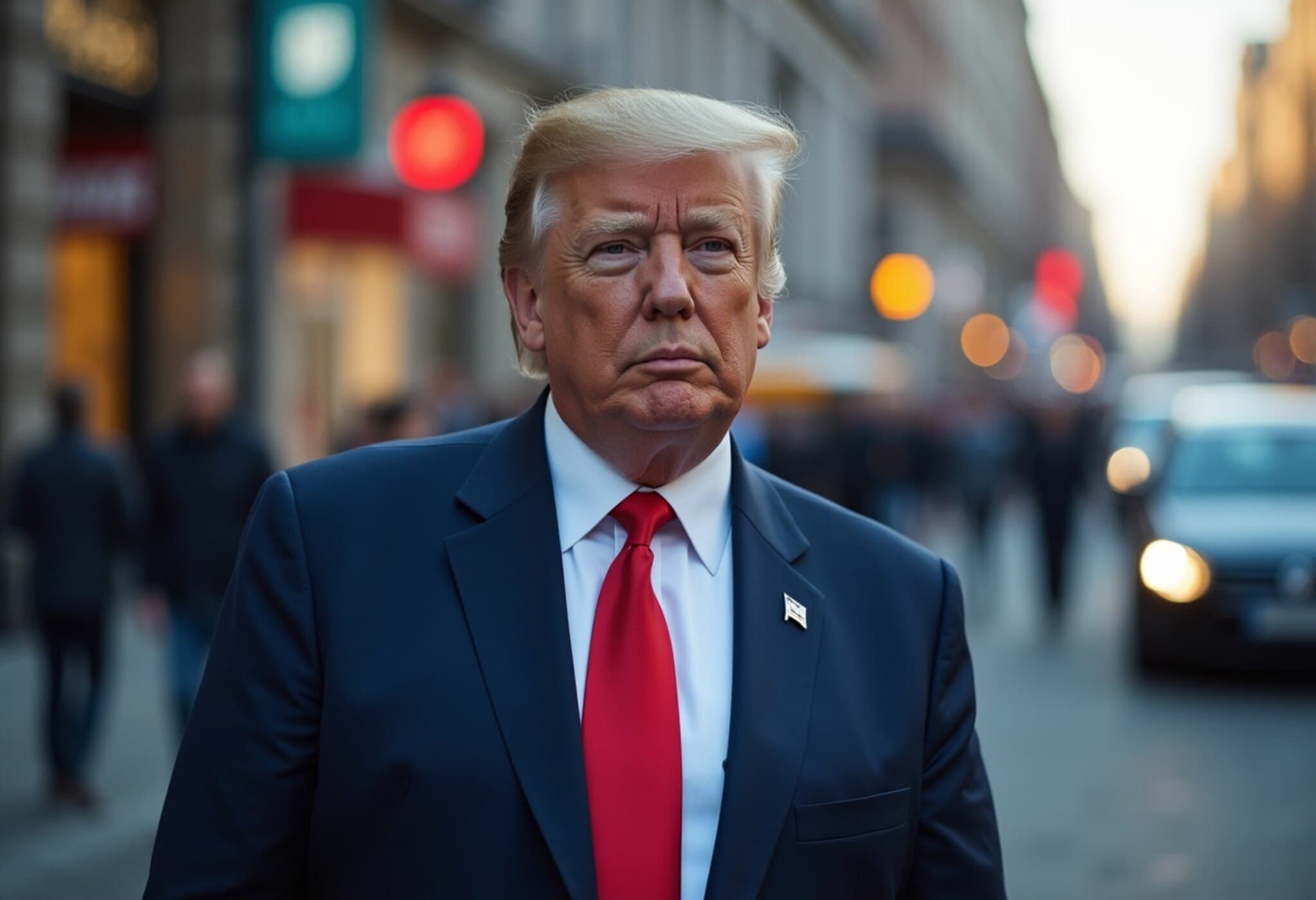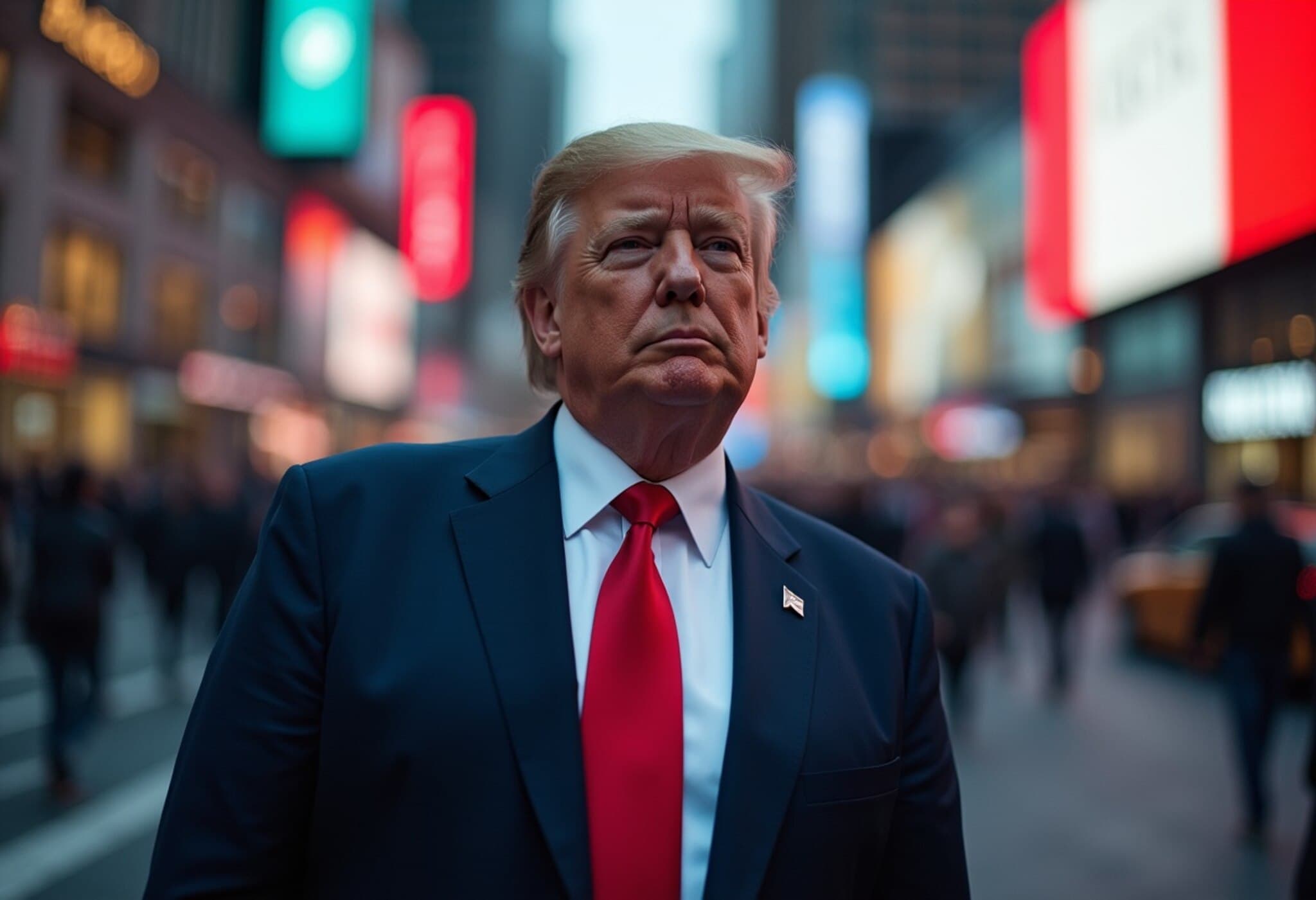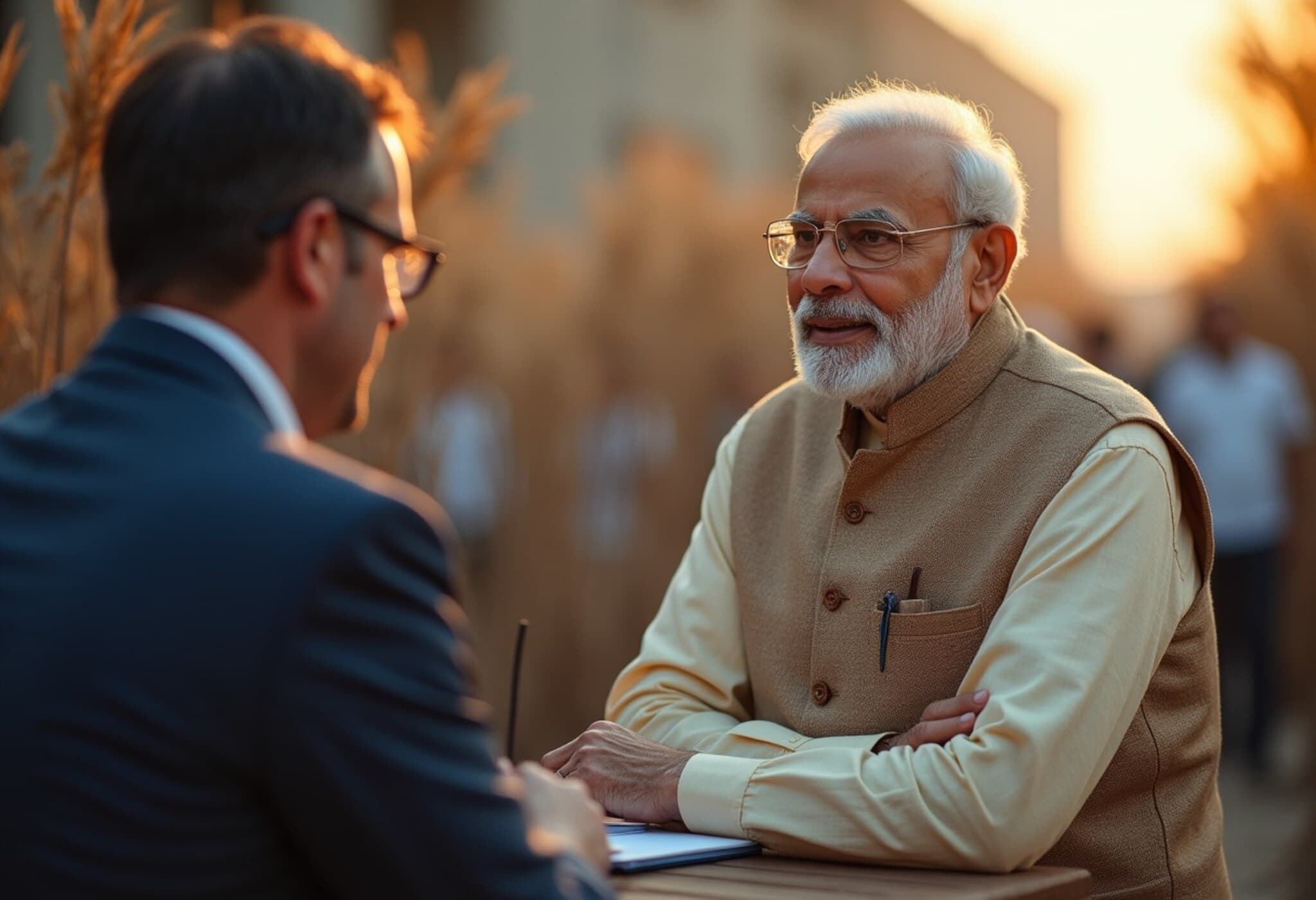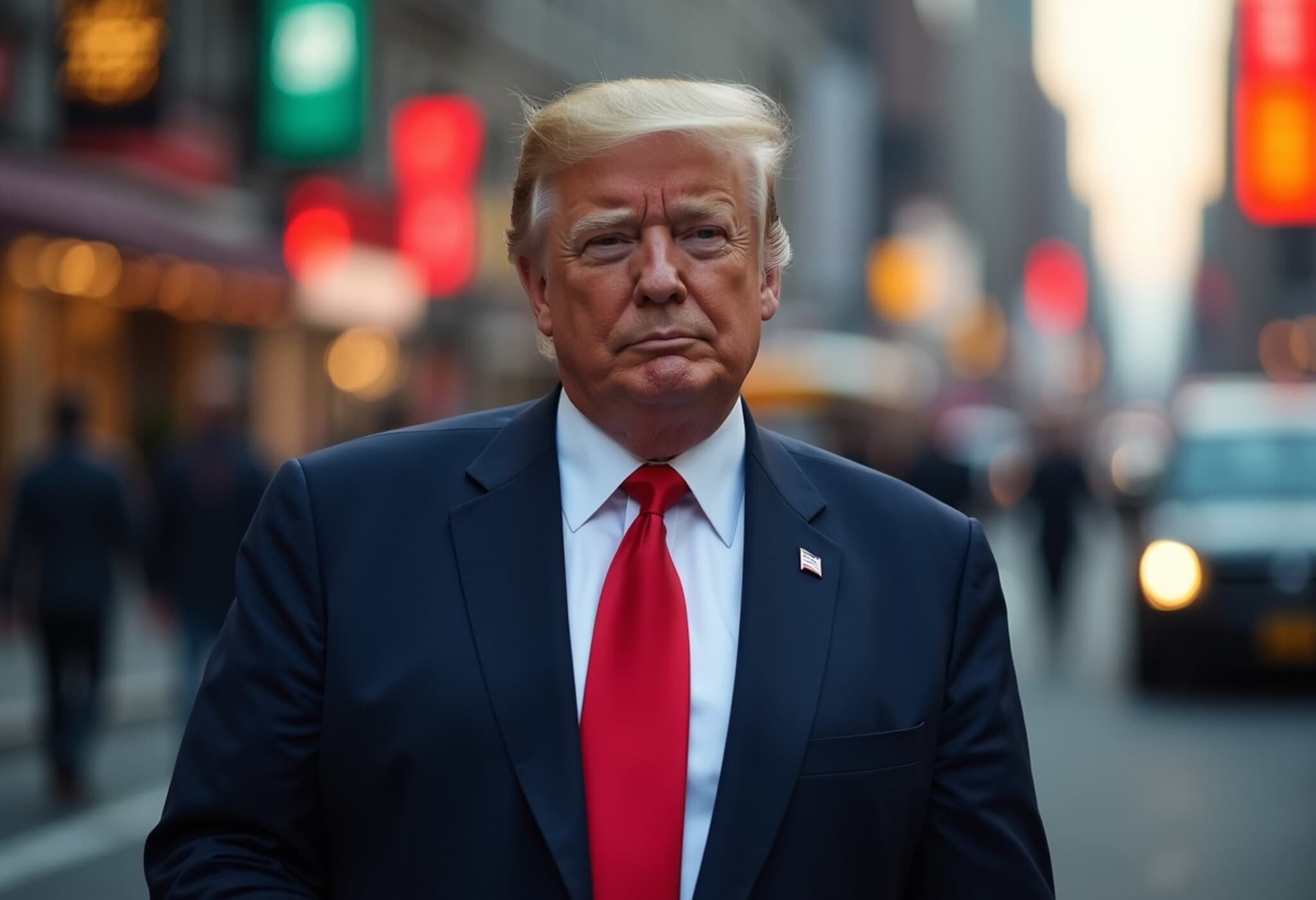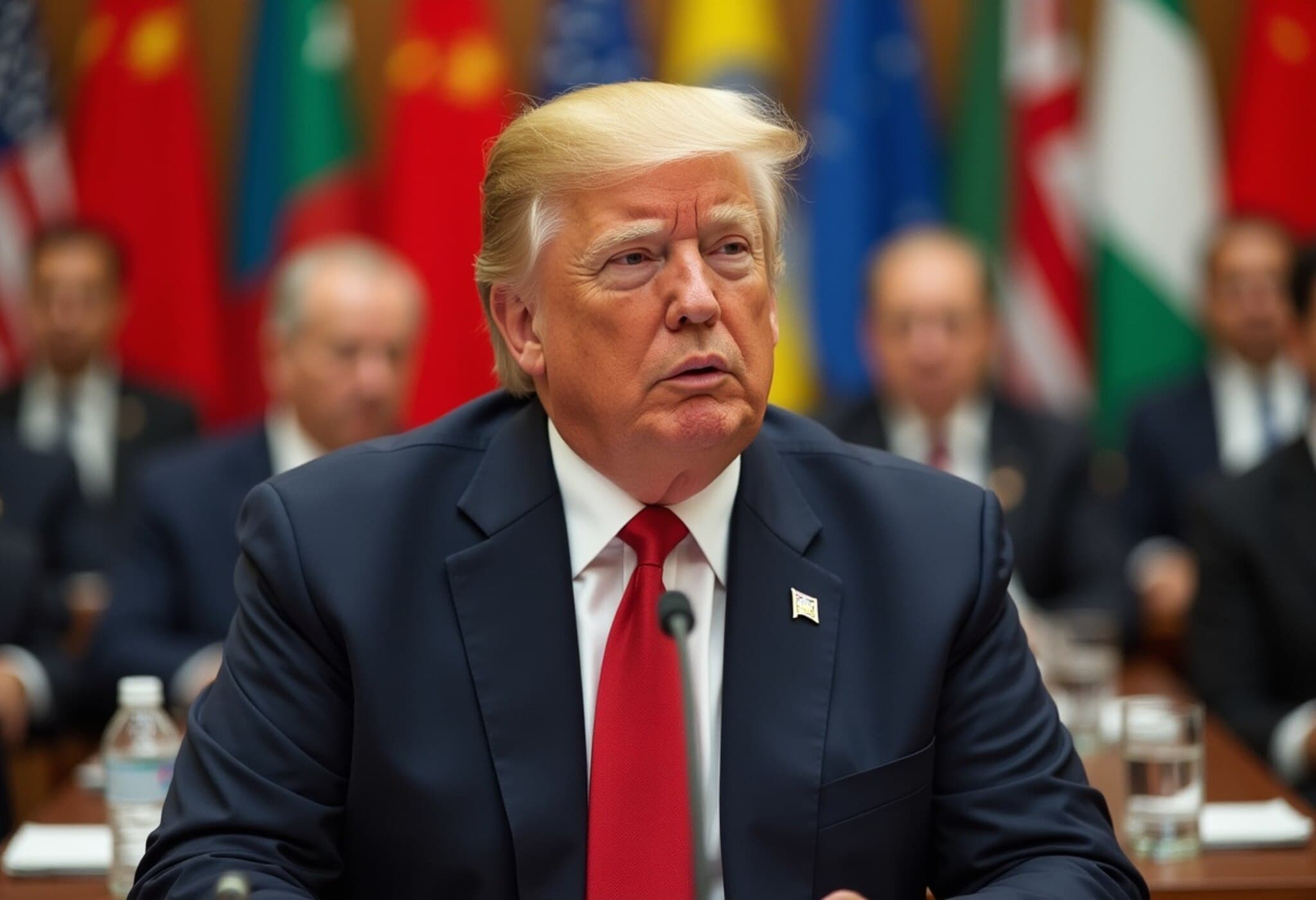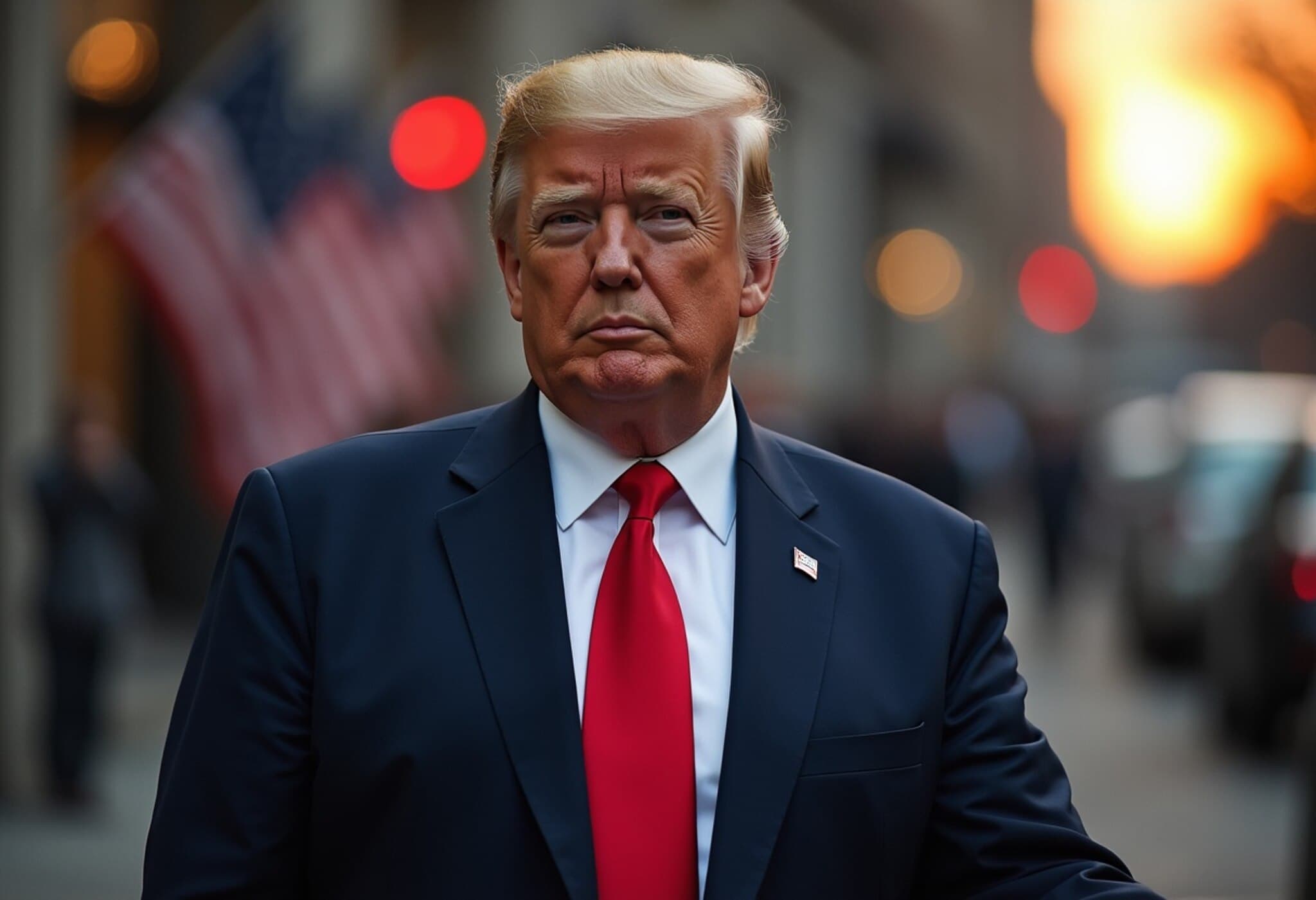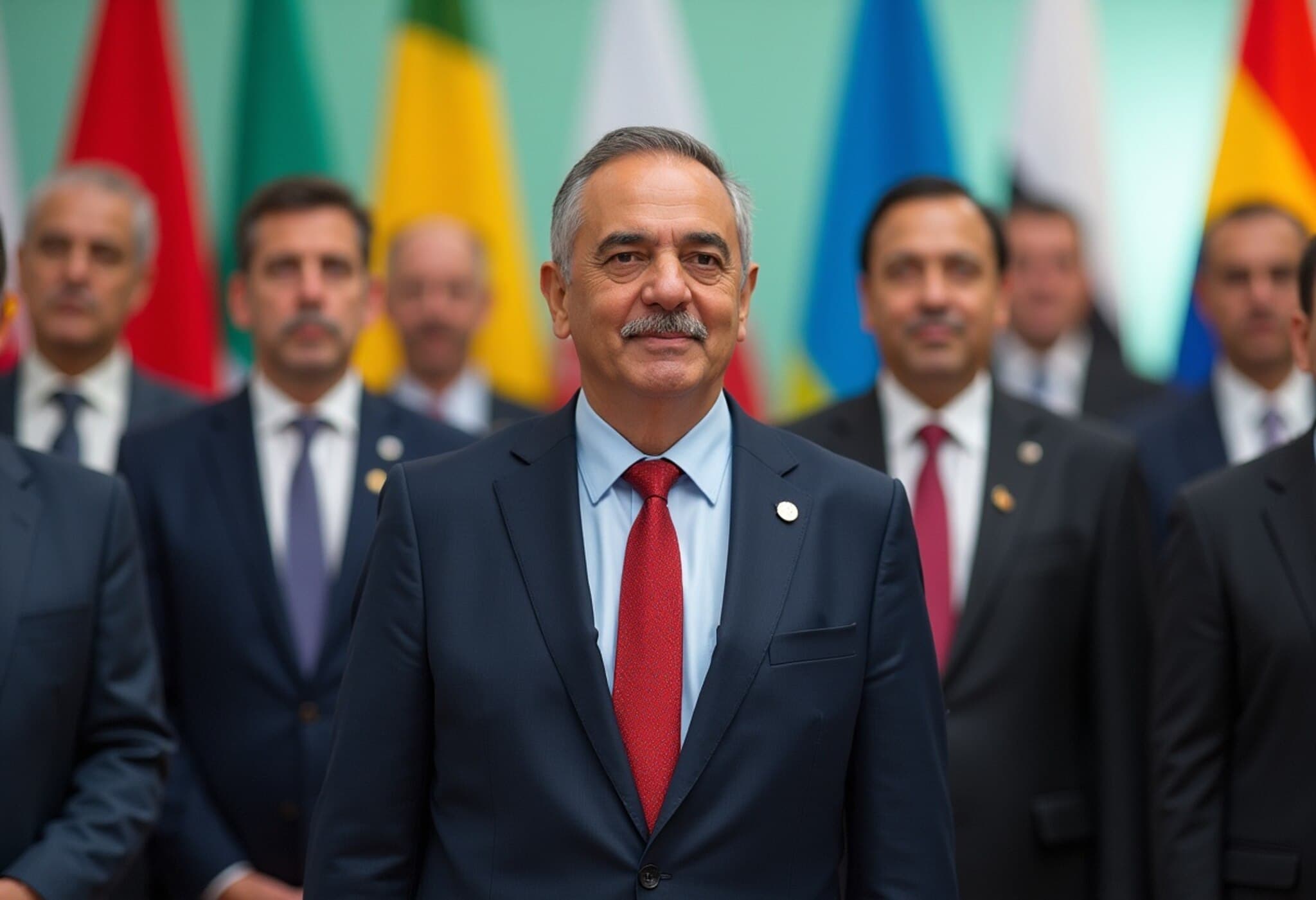BRICS Summit Signals Shift Away from U.S. Amid Rising Tariffs
As the clock ticks toward the expiration of a 90-day tariff pause, the global trade landscape is witnessing a notable pivot. President Donald Trump is poised to reinstate tariffs across a spectrum of products — from children’s toys to soybeans — placing America’s trading partners on high alert. Yet, rather than scrambling to negotiate fresh agreements with the U.S., the world's largest emerging economies are doubling down on each other.
A Collective Stance at Rio de Janeiro
At the recent BRICS summit held in Rio de Janeiro, leaders from Brazil, Russia, India, China, South Africa, and other affiliated nations made it clear that fostering deeper regional economic cooperation is a priority. Through a joint declaration, these countries implicitly criticized unilateral trade barriers — a pointed reference to American tariffs — and underlined their commitment to defending their rights to respond to what they deem unfair trade practices.
"We voice serious concerns about the rise of unilateral tariff and non-tariff measures, which distort trade," the statement read. It called for a return to fair and inclusive trading standards aligned with World Trade Organization principles.
Economic Realignment and Strategic Partnerships
This shift among BRICS members reflects a larger narrative: sustained U.S. protectionism under the Trump administration has accelerated a realignment of global trade flows. Instead of relying predominantly on U.S. markets, these economies are exploring bilateral and multilateral agreements within their own bloc to streamline customs procedures and reduce trade barriers.
- Trade Diversification: A strategic move to reduce dependence on any single market, especially the U.S.
- Supply Chain Resilience: Enhancing intra-BRICS trade aims to buffer against external shocks tied to American tariff policies.
- Economic Growth: Strengthening internal commerce could harness the combined economic might of BRICS, representing over 40% of global GDP.
Implications for the American Economy and Policy
From a U.S. economic standpoint, this emerging trade reorientation could have long-term repercussions. While tariffs are intended to protect domestic industries, they also risk alienating major foreign partners. American exporters in sectors such as agriculture and manufacturing may find themselves squeezed as BRICS nations cultivate alternative markets.
Policy experts suggest that the U.S.'s limited success in securing new trade deals (only finalized agreements with the UK and Vietnam so far) amplifies the urgency for diversified international engagement. The forthcoming announcements of additional deals will be closely scrutinized to assess whether the administration can still recalibrate and foster more balanced trade relations.
Expert Insight: Navigating a Changing Global Trade Order
Dr. Eleanor Graves, a professor of International Trade Policy at Georgetown University, notes, "The BRICS summit’s unified front underscores a critical inflection point. The global economy is increasingly multipolar, and the U.S. move towards tariffs is catalyzing regional blocs to consolidate economic power internally. For America, this signals a need to reconsider how protectionism might undercut long-term influence and economic growth."
Furthermore, granting BRICS nations more seamless access to each other’s markets could accelerate innovation and expand consumer choices across emerging markets, reshaping supply chains in the process.
Underreported Questions
- How will smaller economies within BRICS adapt as major members steer the agenda?
- What are potential environmental and labor standard implications from increased internal trade among these nations?
- Could this realignment pressure multilateral institutions like the WTO to evolve?
Looking Ahead
As the U.S. prepares to resume tariff measures, the BRICS alliance’s efforts signal a turning tide in international commerce. While America emphasizes national economic interests, emerging economies are crafting an interconnected future that reduces their vulnerability to such unilateral measures. This ongoing recalibration poses significant questions about the future stability and inclusiveness of global trade.
Editor’s Note
The BRICS summit in Rio de Janeiro offers more than a geopolitical spectacle — it reveals the deepening fissures in the global trading system under strain from protectionist policies. While tariffs are wielded as strategic tools, the response from emerging economies underscores both resilience and the aspiration for a fairer, multipolar trade order. Readers should watch closely how these shifting alliances influence everything from supply chains to international diplomatic relations. What role will evolving trade partnerships play in shaping U.S. economic security and global market dynamics in the years ahead?

